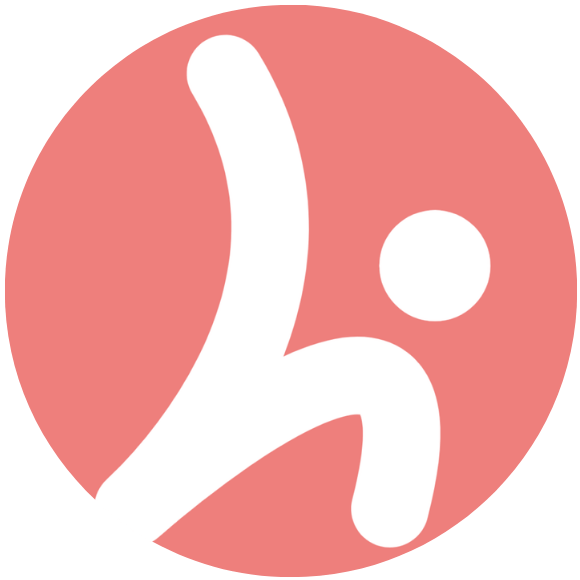Stanford University developed a model that aims to create innovation in a cost-effective and needs-driven way: starting from the needs and desired changes identified in the operational environment. In Finland, this model has been applied at Aalto University, the University of Helsinki, and Metropolia University of Applied Sciences.
- We have planned together with the BioDesign Finland team how to bring the concept to Jyväskylä. Here, it will be tailored to the sports, health and well-being sectors and in a way that supports local businesses, says Tiina Parviainen, associate professor.
In Jyväskylä, the concept is known as Co-Design Sport. Its aim is to integrate research, businesses, and end users, bringing this long-standing global concept to the local context.
- Our aim is not only to match the university's activities with the corporate world, but also to provide companies with early signals and insights from research. Since companies are constantly making decisions about their operations, staying informed about the latest research developments can provide valuable insights, says Parviainen.
Concrete Methods for Integrating Business and Research
Several projects are being launched in cooperation between business and research, and it is not always easy to match the pace of the university with that of business. Parviainen and Mihaly Szerovay, Professor of Practice at the University of Jyväskylä, believe that Co-Design Sport can provide a concrete way to promote business and integrate research into existing networks in Jyväskylä.
One concrete method is a training program tailored to companies, known as the Co-Design Path, which is developed during the project based on the Bio-Design concept. It is built, for example, through workshops in collaboration with various stakeholders, and its development is informed by pilots and testing carried out in cooperation with companies.
- In the coming years, we hope to involve not only companies but also end-users in the training path and ask them directly about their needs," says Szerovay.
In addition to creating an education pathway, Co-Design Sport will implement three pilot projects that will enable companies to grow their RDI activities. For example, one of the pilots will focus on head injuries in football.
- Research on head injuries in football remains limited, making it crucial to prioritize brain health in the sport, says Parviainen.
It comprises health and measurement companies such as Mehiläinen, Firstbeat, and ACT Headtracker, in addition to coaching and performance organizations like the Eerikkilä Sports Academy. Through the Sports Institute, top junior teams from Finland are also involved, participating in various performance and cognitive health measurements. Szerovay and Parviainen point out that participation can also be extended to companies.
Successful collaboration begins with recognising that stakeholders have diverse needs. Co-design aims to uncover shared goals and interests, making it essential to identify the common needs of all participants. At the least, all parties are united by a shared commitment to developing Central Finland and enhancing its appeal.
- The university’s mission is to disseminate research for the benefit of society, while companies are primarily focused on commercial pursuits, says Parviainen.
What is Co-Design Sport?
Co-Design Sport is a joint project of two faculties at the University of Jyväskylä: the Faculty of Education and Psychology and the Faculty of Sport and Health Sciences. The goal is to foster a new kind of effective collaboration between companies, universities, and regional innovation actors in Central Finland. The project will engage with research institutions, end-users, regional innovation stakeholders, and businesses to develop a co-design pathway model that fosters business-driven RDI activities. In addition, the project will implement three pilot projects to enable companies to grow their RDI activities and test a co-design model in the areas of sport and physical activity brain health, digital coaching and artificial intelligence, and measurements of the nervous system.
The first half-day workshop will take place in autumn 2025, with the exact date and content to be announced in June.
Interested?
Contact: Henri Louste, henri.a.louste@jyu.fi
%20(16).png?width=720&height=120&name=Nimet%C3%B6n%20(6000%20x%201000%20px)%20(16).png)



